
Cuisine
Bruneian cuisine
Bruneian cuisine is heavily influenced by the region's geography and climate, as well as its history and culture. The cuisine is characterized by its use of seafood, particularly fish and shrimp, as well as a variety of spices and herbs. Rice and noodles are also staples of the cuisine, and are often served alongside seafood dishes. Bruneian cuisine is known for its bold and complex flavors, which are achieved through the use of a wide range of spices and herbs. Some of the most commonly used spices in Bruneian cuisine include turmeric, ginger, and chili peppers.
Typical ingredients
Fish, Shrimp, Rice, Noodles, Turmeric, Ginger, Chili peppers, Coconut milk
Presentation and garnishing
Bruneian cuisine is often presented in large platters or bowls, and is garnished with fresh herbs and spices. Rice and noodles are also an important part of the presentation, and are often served alongside seafood dishes.
Bruneian cuisine is known for its use of coconut milk, which is often used to add a rich and creamy flavor to dishes. Coconut milk is also a common ingredient in many Bruneian desserts.
More cuisines from this region...
Vietnamese cuisine, Thai cuisine, Singaporean cuisine, Malaysian cuisine, Filipino cuisine, Lao cuisine, East Timor cuisine, Cambodian cuisine, Burmese cuisine, Christmas Island cuisine
History
Bruneian cuisine has a long and rich history that dates back thousands of years. The cuisine has been influenced by a variety of cultures and civilizations, including the Chinese, Indian, and European. Over time, Bruneian cuisine has developed into a unique and distinct culinary tradition that is celebrated throughout the region. Today, Bruneian cuisine is an important part of the cultural heritage of Brunei, and is enjoyed by people all over the world.
Cultural significance
Bruneian cuisine is an important part of the cultural identity of Brunei, and is often served at weddings, festivals, and other special occasions. The cuisine is also an important part of the hospitality culture in the region, and guests are often served large and elaborate meals as a sign of respect and honor.
Health benefits and considerations
Bruneian cuisine is generally high in protein and low in fat, which makes it a good choice for people who are looking to build muscle or lose weight. However, some dishes can be high in sodium, so it is important to eat them in moderation.
Bruneian cuisine dishes
Bruneian cuisine recipes Browse all »

Bruneian-style Dovga Soup
Creamy Coconut Dovga: A Bruneian Twist on Azerbaijani Delicacy
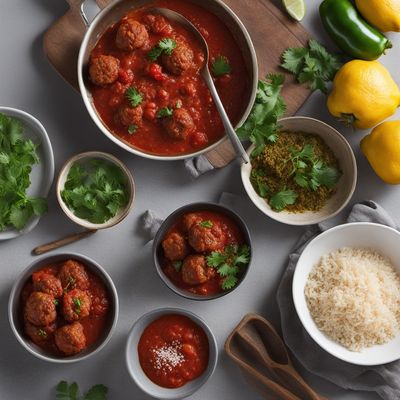
Bruneian-style Meatballs in Tomato Sauce
Savory Bruneian Delight: Meatballs in Tangy Tomato Sauce

Bruneian Mulberry Granita
Tropical Delight: Bruneian Mulberry Granita

Bruneian Fidget Pie
Savory Delight: Bruneian Fidget Pie
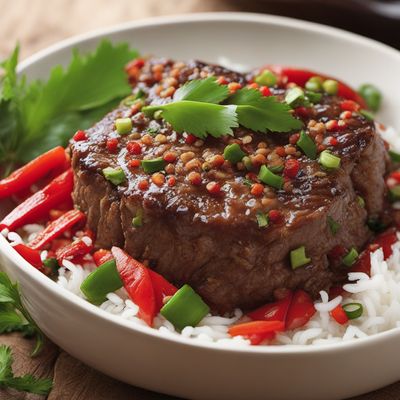
Coconut-infused Bruneian Pepper Steak
Savory Spice Delight: Coconut-infused Bruneian Pepper Steak
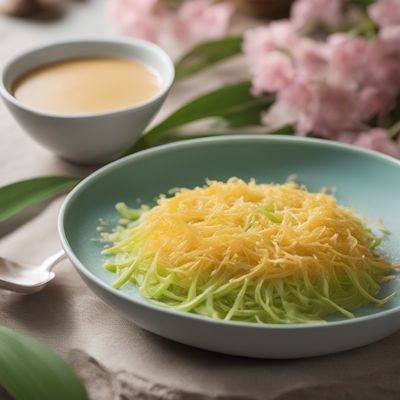
Cameo Creme with a Bruneian Twist
Silky Smooth Coconut Cameo Creme: A Bruneian Delight

Bruneian-style Dashi Soup
Brimming Bruneian Broth: A Fusion of Flavors
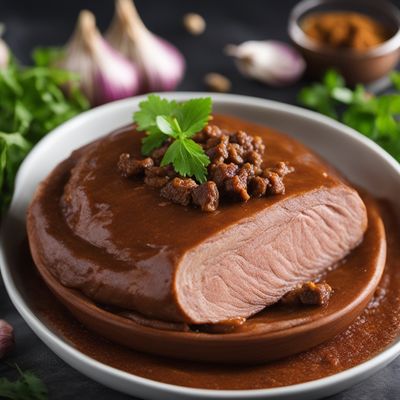
Bruneian-style Liver Pâté
Savory Delight: Bruneian Liver Pâté with a Local Twist

Creamy Potato Pasta
Savory Delight: Creamy Potato Pasta with a Bruneian Twist
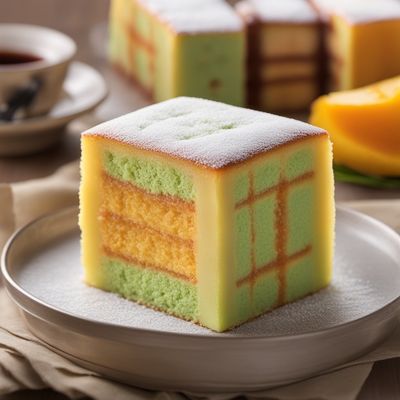
Bruneian Battenberg Cake
Tropical Delight Battenberg Cake
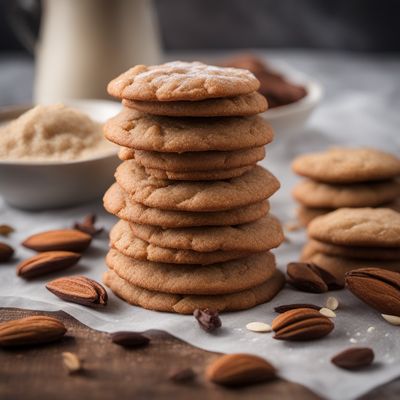
Bruneian Almond Cookies
Deliciously Nutty Almond Cookies with a Bruneian Twist

Bruneian Pizzaiola
Spicy Beef Pizzaiola with a Bruneian Twist